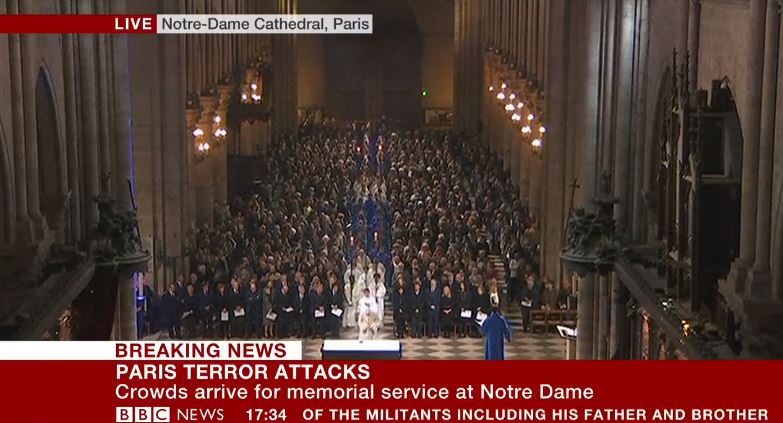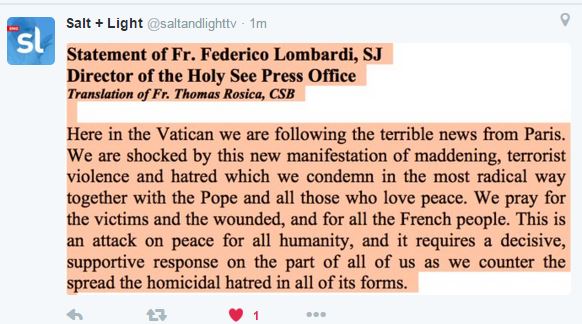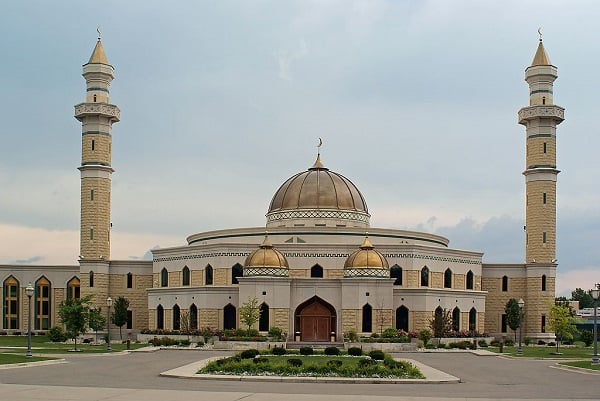News footage has emerged, showing a member of the Islamic State terror group ISIS wearing a balaclava and black mask, smashing centuries-old tombs in Mosul–including the tomb of Jonah the Prophet.
Jonah is revered by both Christians and Muslims; but Muslim law prohibits special veneration of tombs.
It’s reported that the tomb of the Prophet Seth was also demolished.
In the same week, 50 blindfolded bodies were discovered in Baghdad, gunshot wounds to their heads.
* * * * *
But don’t the Muslims also revere Jonah as a great Prophet of God?
Jonah, according to the Christian Scriptures, was swallowed by a whale when he fled to avoid going to Nineveh to preach to its citizens. His story is repeated in the Qur’an, although he is known as Yunus in Arabic (or Yunan for Christian Arabs). He is also called Dhul-Nun (“The One of the Whale”) in Arabic.
Chapter 10 of the Qur’an is titled Jonah, although he is only referred to directly in verse 98.
According to Muslim tradition, Jonah came from the tribe of Benjamin and his father was Amittai, a native of Gath-hepher. Of the twelve minor prophets named in the Hebrew Bible, only Jonah is mentioned by name in the Qur’an.
The Qur’anic narrative regarding Jonah is similar to the story told in the Old Testament. Jonah was a righteous preacher of the message of God; but he fled from his mission because of its overwhelming difficulty. He boarded a ship to avoid preaching to the residents of Nineveh; but when a storm threatened to destroy the ship, he was thrown overboard. He was swallowed by a giant fish, and remained in the fish’s belly for three days repenting and glorifying God. Here is the story, as told in the Qur’an, Chapter 37, verse 139-144:
So also was Jonah among those sent (by Us).
When he ran away (like a slave from captivity) to the ship (fully) laden,
He (agreed to) cast lots, and he was condemned:
Then the big Fish did swallow him, and he had done acts worthy of blame.
Had it not been that he (repented and) glorified Allah,
He would certainly have remained inside the Fish till the Day of Resurrection.
Because he knew that Jonah was one of the best of men, and because of his mercy and kindness, God forgave Jonah. The prophet was cast out from the fish, sick but safe on dry land. God caused a plant to grow in the sand where Jonah lie, to provide shade and comfort for the prophet. Once Jonah was again freshened, alive and well, God instructed him to go back and preach in his land. The Qur’an explains again (Chapter 37, verse 145-148):
But We cast him forth on the naked shore in a state of sickness,
And We caused to grow, over him, a spreading plant of the gourd kind.
And We sent him (on a mission) to a hundred thousand (men) or more.
And they believed; so We permitted them to enjoy (their life) for a while.











